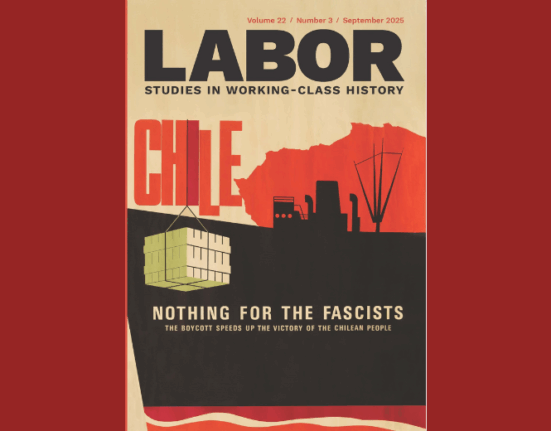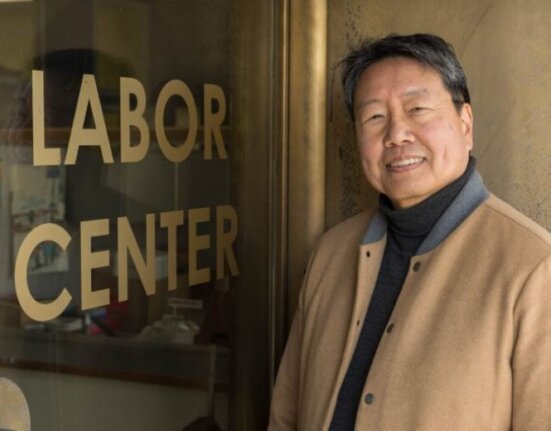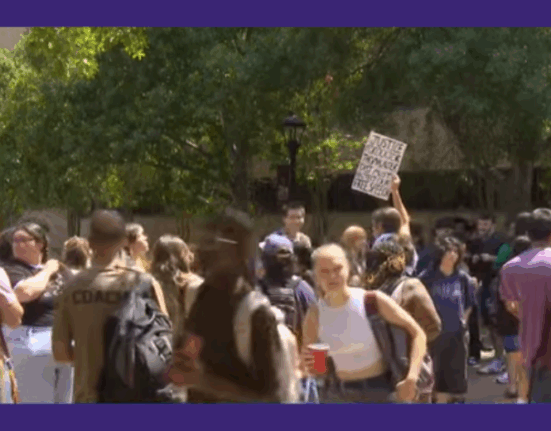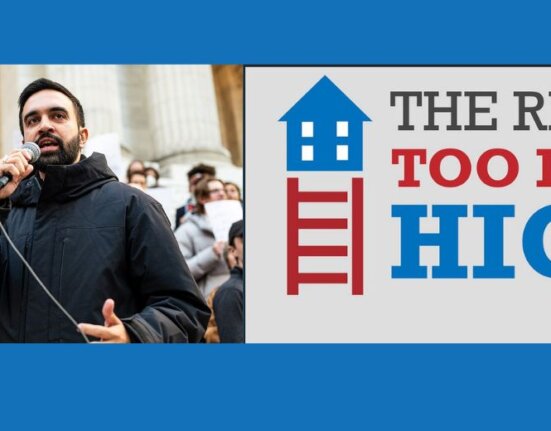Over his three terms as elected President of Venezuela, Hugo Chávez has been much demonized in the U.S. and international press that backs the powerful minority within Venezuela that has resisted the new path repeatedly chosen by the voters of that country. Too few voices have been heard internationally who can appropriately value his contributions as the man whose election inaugurated the turn to the left in Latin America.
It is highly appropriate that the only dissident voice in the mainstream media was a New York Times piece by Luiz Inácio Lula da Silva, the former trade unionist turned President (2002-2010). While that was aimed at a foreign audience, a different dimension arises in the Portuguese language video tribute to Chávez by Lula that was posted on Youtube by the Instituto Lula on March 6, 2013. Here Lula addresses, among other issues, the importance of the idea that Chávez helped to get rid of the “inferiority complex” which afflicts the poor and against which Lula himself has fought in Brazil.
The transcription and translation was done by Jack A. Draper III, an Associate Professor of Portuguese at the University of Missouri and author of Forró and Redemptive Regionalism from the Brazilian Northeast (2010); for more on Lula, see John French’s “Nurturing Hope, Deepening Democracy, and Combating Inequalities in Brazil: Lula, the Workers´ Party, and Dilma Rousseff’s 2010 Election as President” in volume 9 #1 of Labor: Studies in Working Class History of the Americas and http://fds.duke.edu/db/attachment/1662.
Translation
On companheiro Chávez, for politics in South America at his death, and to Latin America on his death, I would say even to the world, it is an irreparable loss. Chávez was a man that I would say was eighty percent heart and twenty percent reason, as I think all the great men of the world should be. Chávez thought a lot, so much, about his people and above all of the poorer people.
I had the pleasure of knowing Chávez for a long time. I met him at the time of the São Paulo Forum, afterwards I had the chance of meeting him when he was already the President of the Republic and I was elected, but not yet in power, to respond to a Venezuelan request for gasoline due to the strike of the workers of PDVSA, and again after I came into power we had a very strong relationship because we had many affinities.

While we had ideological divergences, we also had many political affinities, we had good ideological affinity, and we had an affinity about the role of the strategic relationship between Brazil and Venezuela. We had an affinity about the strategic relationship of the countries of South America and of Latin America, and we had a unique understanding about the role of the poor countries and all the countries of the South, above all in the political confrontation with the countries of the North, on the issue of trade and on political issues. And this made us have a relationship, I would say, beyond that of two presidents—a relationship of two companheiros.
So, to avoid any problems in the Brazil-Venezuela relationship, I arranged with Chávez that we could have 3 or 4 meetings per year, a meeting in Brazil, a meeting in Venezuela, so that we could resolve all our problems, and could convince Brazilian businesses to invest in Venezuela, so that we could try to construct a partnership that could balance Brazil-Venezuela trade—and that’s how the idea of the Abreu e Lima Refinery came about.
Many people say that Chávez was a polemical person, and he was! And it was good that he was like that because Chávez allowed, you know, the Unasul (Unasur) meetings, the meetings that we participated in, to be very lively, very combative, very strong, that is, he didn’t allow people to fall asleep at the meeting, such was his participation in the meetings—with polemical themes or not it does not matter. What was important was that he was there, present, lively, discussing the interests of Venezuela, discussing the interests of South America, discussing the interests of Latin America, and above all discussing the interests of the poorest people.
I think that it’s not every century that we are able to produce a man of the quality of Chávez. It’s not every day that we are able to see a country elect a person that has such a heartfelt commitment (compromisso de sangue) to his people. And you know, Chávez knew, he knew profoundly, that the reason for him to be in charge of the government was to make it so that the poor people of Venezuela could feel pride. So that they could come to have rights, so that they could come to have jobs, so that they could come to have income, so that they could come to have health, so they could come to have education. Obviously he confronted a very steely opposition, as we all do in South America and Latin America.
That is, all progressive governments confront, you know, many adversities, but I think that the passage of Hugo Chávez through governance in Venezuela was worth it. It was worth it not just for the achievements, but for the symbolism of what he did in defense of that country. Recuperating the self-esteem of a people, recuperating the belief, and making the people come to believe, that Venezuela was much greater than it had been imagined by the elite up to that time. I think that the Venezuelan people at the present moment—and all of us here in Brazil and in the entire world, those who liked and those who didn’t like Chávez, we need to have the following in mind: men die and the flesh perishes, but one thing remains—ideas. And I think that the ideas of Chávez, the same way that the ideas of Bolívar persisted such a long time, I think his ideas will persist for many centuries.
Because South America experienced an exceptional moment and Chávez has a lot to do with that. The creation of Unasul, the creation of CESA (South American Energy Council), the creation of the Unasul Defense Council, the creation of the Bank of the South, and so many other things, so many ideas that we put on paper, that we debated—these things [are] democratizing a bit. And I hope that the Venezuelan people have in mind in this moment that they need much peace, much maturity, much tranquility, much unity—because Venezuela cannot go backwards. The people (povo) of Venezuela learned to trust in the government, the people of Venezuela learned to have pride in their country, and this was an inestimable value that cannot be lost.
I think political divergences will continue to exist, but they should be smaller than the necessity of relations between political parties, of relations between political forces to create a climate of peace and much tranquility, because Venezuela needs to keep growing, generating jobs, generating wealth, and improving the lives of its people. May God care for Chávez as he deserves. I think that we—I—had the pleasure of being on good terms with him for 8 years, and I am proud of having partnered with him in the construction of so many positive things. I also feel sad not to have been able to do more—but in any case, it was worth it. I think, companheiro Chávez, that if you did not exist, you should be born again because the world needs people like you. May God keep you.
Translation from the Portuguese by Jack A. Draper III, Associate Professor of Portuguese, University of Missouri.
Read the Translation.







